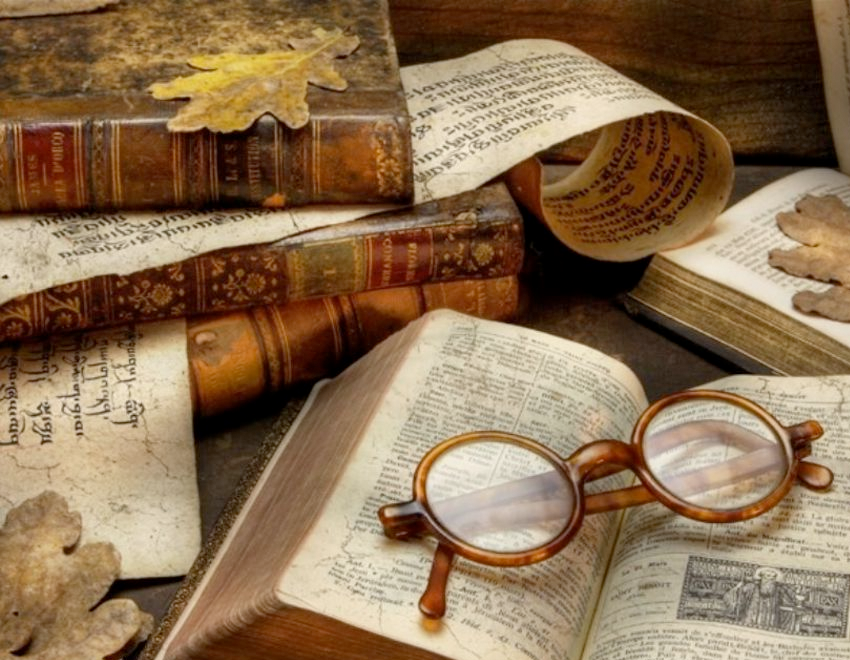One of the more frustrating, yet fundamental, things about being human is that we can’t understand ourselves very well. One side of the mind frequently has no clear picture of what the other happens to be upset about, anxious around or looking forward to. We make a lot of mistakes because of our pervasive self-ignorance.
Here literature can help, because in many cases, it knows us better than we know ourselves and can provide us with an account, more accurate than any we might have been capable of, of what is likely to be going on in our minds.
Marcel Proust wrote a long novel about some aristocratic and high bourgeois characters living in early 20th-century France. But towards the end of his novel, he made a remarkable claim. His novel wasn’t really about these distinctly remote-sounding people, it was about someone closer to home, you:
“In reality, every reader is, while he is reading, the reader of his own self. The writer’s work is merely a kind of optical instrument which he offers to the reader to enable him to discern what, without this book, he would perhaps never have experienced in himself. And the recognition by the reader in his own self of what the book says is the proof of its veracity.”
In some of the best works of culture, we have an overwhelming impression of coming across orphaned bits of ourselves, evoked with rare crispness and tenacity. We might wonder how on earth the author could have known certain deeply personal things about us, ideas that normally fracture in our clumsy fingers when we try to take hold of them, but that are here perfectly preserved and illuminated. Take, for example, the self-knowledge offered by one Proust’s favourite writers, the 17th-century philosopher, Le Duc de La Rochefoucauld, the author of a slim volume of aphorisms known as the Maxims:
‘We all have strength enough to bear the misfortunes of others.’
It’s an idea closely followed by the equally penetrating:
‘There are some people who would never have fallen in love, if they had not heard there was such a thing.’
And the no less accomplished:
‘To say that one never flirts is in itself a form of flirtation.’
We are likely to smile in immediate recognition. We have been here ourselves. We just never knew how to condense our mental mulch into something this elegant.
